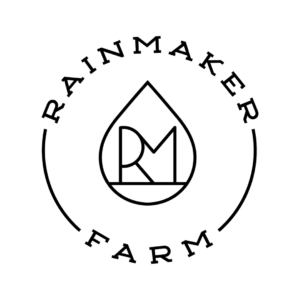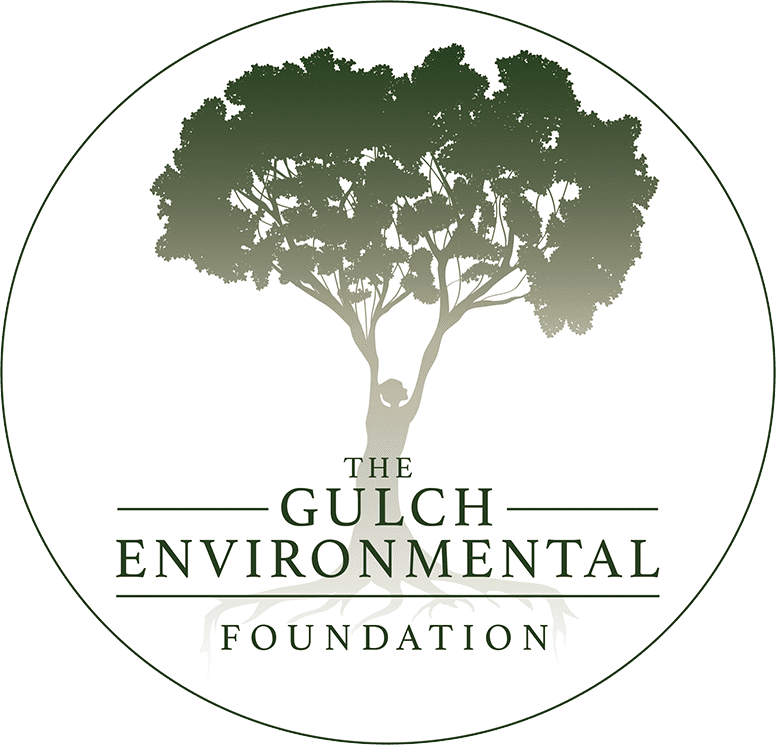Rainmaker Farm

Rainmaker Farm is the Gulch Environmental Foundation’s cornerstone project, a 160-acre working farm located in Noble County, Oklahoma.
There is a lovely little creek that runs through the farm and two ponds. At the start of this project, the property consisted of tilled farmland used for conventional wheat production, cattle grazing, and an oil rig. The oil rig was the first thing to go. We have spend the last few years transforming the property into a perennial regenerative, no-till farm with diverse crops, and livestock. The lessons we learn at Rainmaker will scale to help combat climate change by making agriculture more sustainable.
During our tenure at Rainmaker Farm, The Gulch Foundation has undertaken a series of impactful initiatives, including:
- Transitioning to a no-till farming approach.
- Setting up a 100+ tree orchard with a native grass cover.
- Introducing native grasses and pollinator mixes in a buffer zone adjacent to the creek.
- Establishing border trees.
- Collaborating with the NRCS to implement soil-enriching cover crops.
- Installing a 30,000-gallon water tank for a comprehensive water catchment system,
- Constructing a greenhouse and barn.
- Integrating a Tiny House office onto the property.
These represent just a portion of our numerous endeavors. Furthermore, we’ve opened our doors to farm visitors, providing valuable insights into regenerative farming, climate change mitigation, and fostering connections among diverse individuals and communities.
Reporting
When we first started, we designed planting plans and established baseline conditions for a variety of soil health and biodiversity metrics to establish a baseline of what was on the property, what differences exist between habitats, and to document trends over time and with changes to land management.
Please see our preliminary maps and baseline reports:




